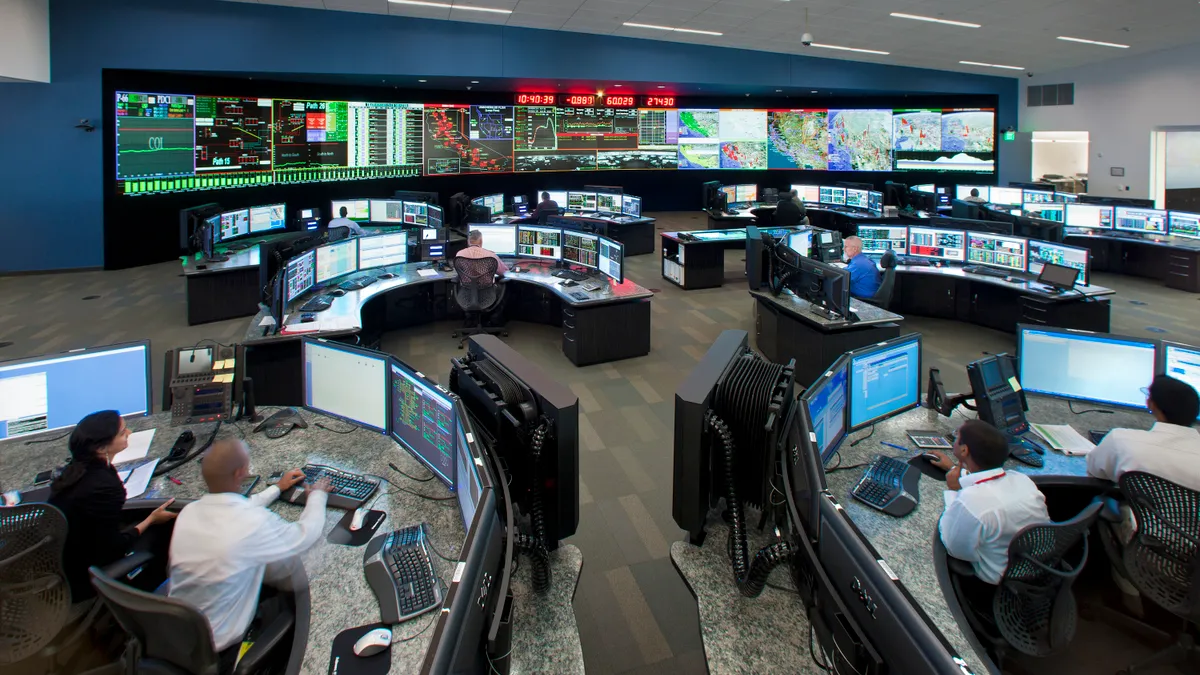Dive Brief:
- California lawmakers will not advance amendments to restart the process of Western market regionalization at the California ISO, with the bill's sponsor saying “there is still more to discuss” on the issue.
- Assemblyman Chris Holden was supporting AB 813, which would have authorized California’s grid operator to transition from a governor-appointed board to an independent board of a regional institution and open to all Western utilities and generators.
- Proponents say regionalization would save customers money and allow greater renewables integration, but critics fear out-of-state coal generators could be allowed to export power to California.
Dive Insight:
According to Natural Resources Defense Council, which backs the move towards regionalization of western energy markets, Holden has said the issue will likely be revisited in January during the second half of California’s two-year session.
For now, the conservation group sees a lost opportunity. A quarter of the country's power flows through the Western grid, connecting more than a dozen states, two Canadian provinces and Northern Mexico. Nearly 40 separate entities manage day-to-day grid operations.
"It’s a system that is rife with inefficiency, including an inability to make full use of California’s growing inventory of wind and solar power," NRDC's energy co-director Ralph Cavanaugh wrote in a blog post.
A a fully-integrated Western grid will help "avoid throwing away California’s pollution-free solar and wind generation," he added in a statement.
This is not the first time a discussion on regionalization has been delayed. In 2016, California Gov. Jerry Brown put regionalization efforts on hold, halting work to integrate PacifiCorp’s network into California’s grid and informing governors of other states. Separately, the CAISO Energy Imbalance Market, which allows power trading between states without the authority of a full ISO, has continued to expand.
The proposal lawmakers had considered would have directed the creation of a new energy commission to monitor regionalization efforts before the end of October 2018, including the president of the California Public Utilities Commission, the chair of the California Energy Commission, leading legislators and a representative from the governor.
Not everyone is on board, however, with California's control over its own resource policy and emissions emerging as a point of contention. Consumer Watchdog has protested the idea, arguing it could hamper the state's environmental goals and laws, and could open the state up to another regional energy crisis as it experienced in the early 2000s.














